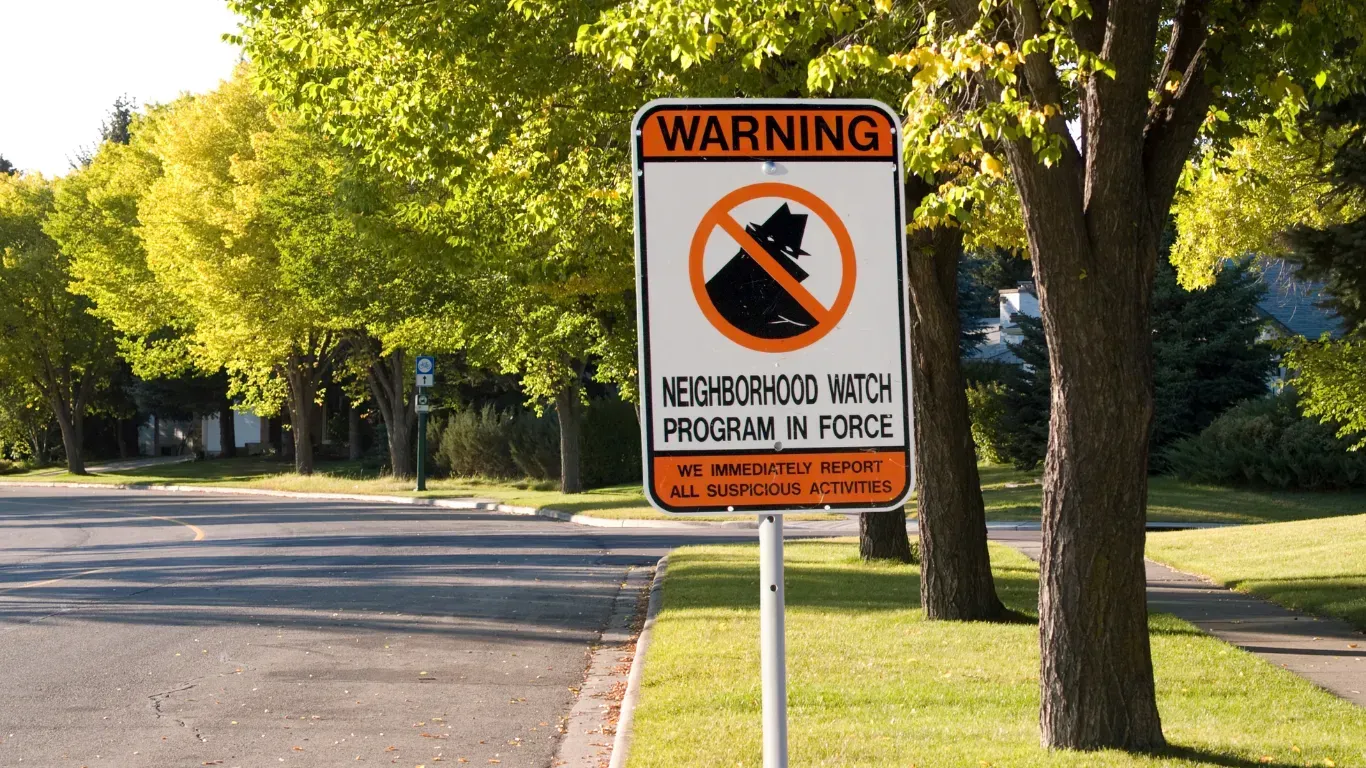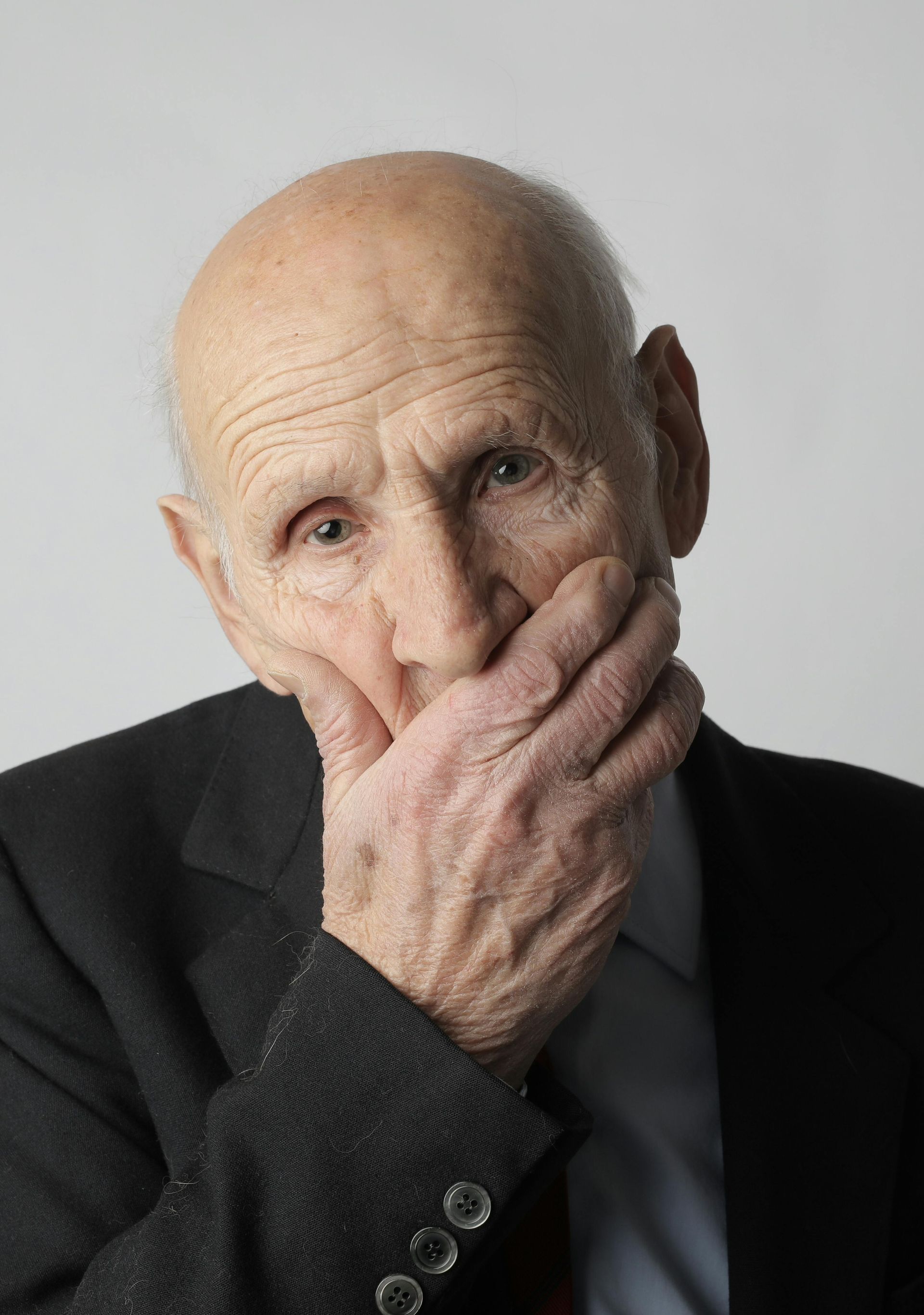It’s Okay Not to Be Okay: Mental Health Awareness Month by Alina Lopez
This article has been written by Alina Lopez

May, being Mental Health Awareness Month, is a time to bring attention to behavioral health issues and reduce the stigma surrounding it. Mental health problems are more common than you think. According to the World Health Organization and the Centers for Disease Control, nearly 1 in 4 adults of every age, race, and gender, suffer with a mental health disorder and 450 million people worldwide live with a mental illness. In the United States, as many as 1 in 5 children and adolescents suffer from some sort of mental health issue, yet only about 20% ever receives care from a specialized health care provider. There are more than 200 types of mental health disorders; the more common ones being anxiety, mood, eating, and psychotic disorder.
Good mental health is an essential part of living a healthy, productive, and balanced life. It affects nearly every area of your life and determines how you see the world, handle stress, how to relate to people, and your decision-making process. It impacts your daily activities at work, social situations, and your overall physical health. Keep in mind that there’s a difference between poor mental health and having a mental illness (although they’re used interchangeably). Someone’s mental health can change over time depending on life experiences, such as trauma or abuse, financial or economic hardship, stress at work, the loss of a loved one or a pet, etc.
Be aware if someone you know might be experiencing a decline in their mental health and offer support about their struggles. Each type of mental illness can have its own symptoms, but the more common ones to watch out for in children and adults can be changes in schoolwork, altered behavior, nightmares, trouble going about daily life, changes in emotions, losing interest in things they used to enjoy, disruption in sleeping habits, and physical issues without a clear cause.
One of the best things that you can do to stay mentally healthy is to practice self-compassion. It is so important to be nice to yourself and put yourself first! We must normalize the practice of taking moments to prioritize mental health care without feeling guilty. The following healthy habits are some ways that can improve your mental and emotional health:
* Remain hopeful. Find things to be grateful about every day, as small as they may seem.
* Eat healthy and exercise. You’d be surprised how beneficial even a brisk walk around the block can be for your well-being!
* Practice meditation and mindfulness.
* Monitor the time spent watching or reading the news. While it’s important to be aware of what’s going on in the world, too much can be counterproductive.
* Do not succumb to alcohol or drug use to cope with your feelings.
* Talk to a friend or relative or even a professional in the mental health field.
If you or someone you know is suffering with mental health or mental illness, know that there are resources available to help. Remember, you are not alone and initiatives such as Mental Health Awareness Month help to reduce the stigma that is still attached to mental illness by educating the public on mental health conditions and treatments. Some contact information that can aid you or someone in need is:
* 988 is the Suicide and Crisis Hotline.
* Your local 211 can also direct you to available resources in your area.
* National Alliance on Mental Illness (NAMI) has a hotline, 800-273-TALK (8255) or visit their webpage www.nami.org.
Until next time, be aware, make good choices, and be safe!
To contact our office, call 305-470-1670 or visit our website www.citizenscrimewatch.org.


Share this article





